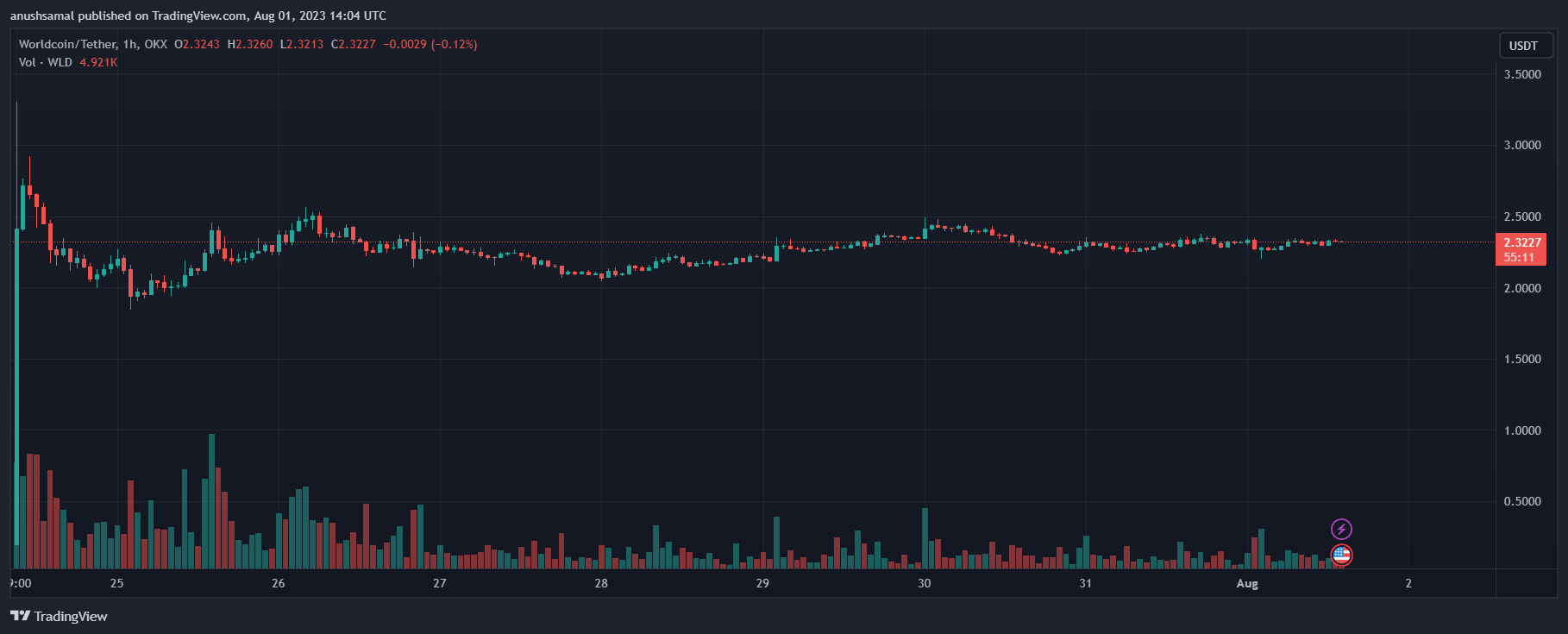German Data Watchdog Investigates Worldcoin Amid Ongoing Issues
Sam Altman’s brainchild, Worldcoin (WLD), is facing scrutiny as the Bavarian state regulator in Germany has been actively investigating the project for a full year.
According to Michael Will, the President of the Bavarian State Office for Data Protection Supervision, the regulator has expressed apprehensions regarding WLD’s ambition to handle “sensitive data on a very large scale.”
Will stated that the German watchdog is spearheading the investigation into Worldcoin’s data collection and storage procedures. This inquiry falls under the purview of European data protection rules due to the presence of a subsidiary of Tools for Humanity, the company responsible for the project, in Germany.
Related Reading: Worldcoin and XRP are Crashing, While DOGE, WSM, and BTC20 Continue to Surge
The Worldcoin project mandates users to undergo iris scanning to obtain a digital ID. In select countries, the project also provides free tokens as an incentive for participating in the “identity creation” process. Over the course of the last two years, the project has amassed a reported 2.1 million sign-ups.
Will informed Reuters that such data processing practices could present significant risks, especially when handling highly sensitive biometric data.
He stated:
These technologies are at first sight neither established nor well analysed for the specific core purpose of the processing in the field of transferring financial information.
The controversy extends beyond Germany, with data regulators in France and the UK also expressing their concerns about the project’s data collection practices.
In light of the ongoing investigations, Britain’s Information Commissioner’s Office has also declared its intent to conduct further inquiries into the Worldcoin project.
Fake Worldcoin KYC Practices Emerge
As Worldcoin faces intense regulatory scrutiny, Colin Wu, a Chinese reporter, disclosed information about fake Know Your Customer (KYC) processes taking place in Kenya. Wu established contact with a source who provided in-depth information about the KYC scam and revealed insider details about the fraudulent activities.
Wu’s source revealed that Worldcoin engaged third-party operators in Kenya to handle KYC processes on their behalf. These operators hired laborers who were compensated with $1 for each task initially. However, as competition among multiple third-party operators intensified, the wages of laborers rose to $3 per task.
Given the limited awareness of Web3 technology among the ordinary Kenyan public, the hired laborers scanned their irises to receive payment, unknowingly contributing to the fraudulent KYC activities associated with the Worldcoin project.
As these investigations unfold, Worldcoin’s actions and practices could have significant implications not only for the project itself but also for broader discussions concerning the use of biometric data and privacy concerns in the digital era. The outcome of these investigations may shape how such technologies and projects are approached and regulated in the future.
